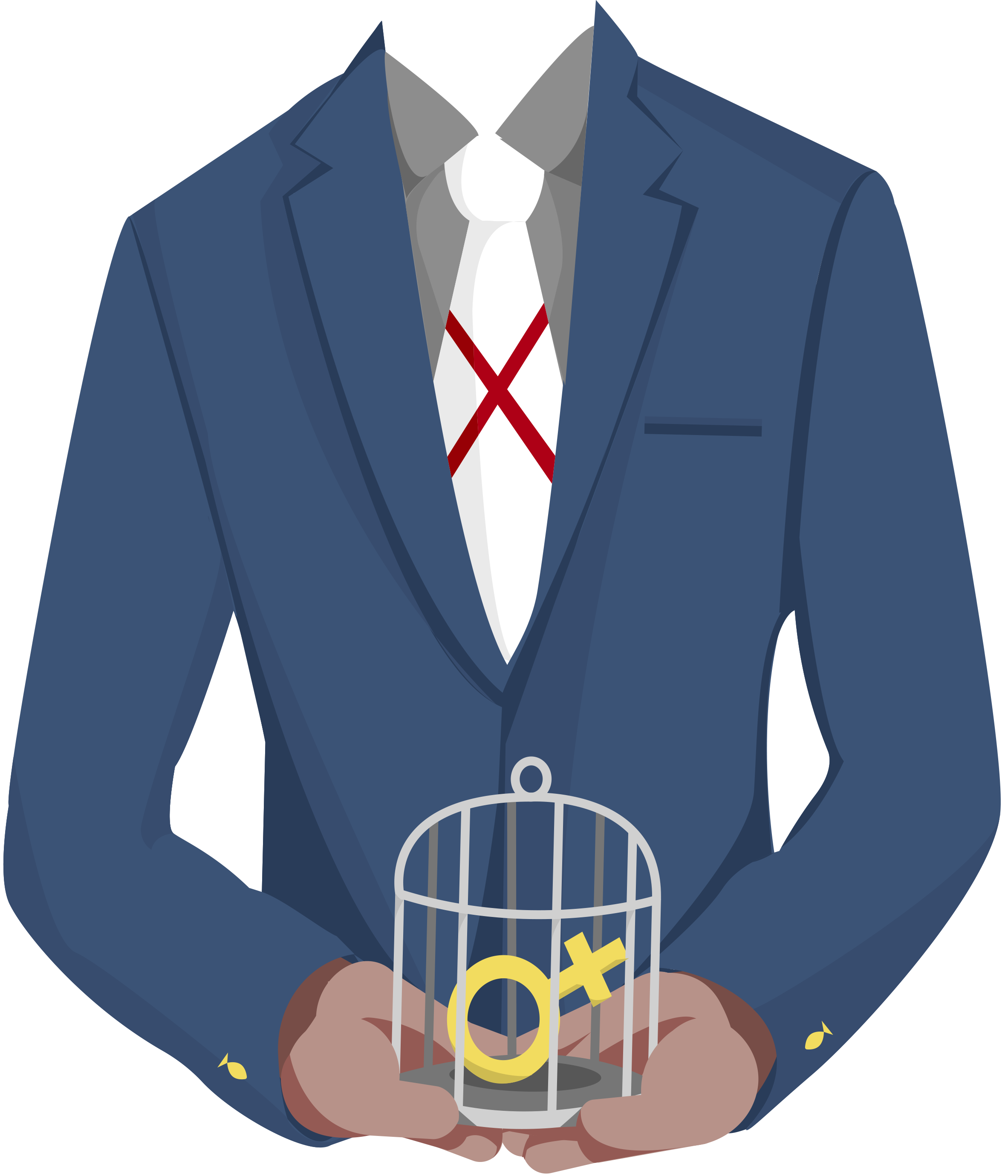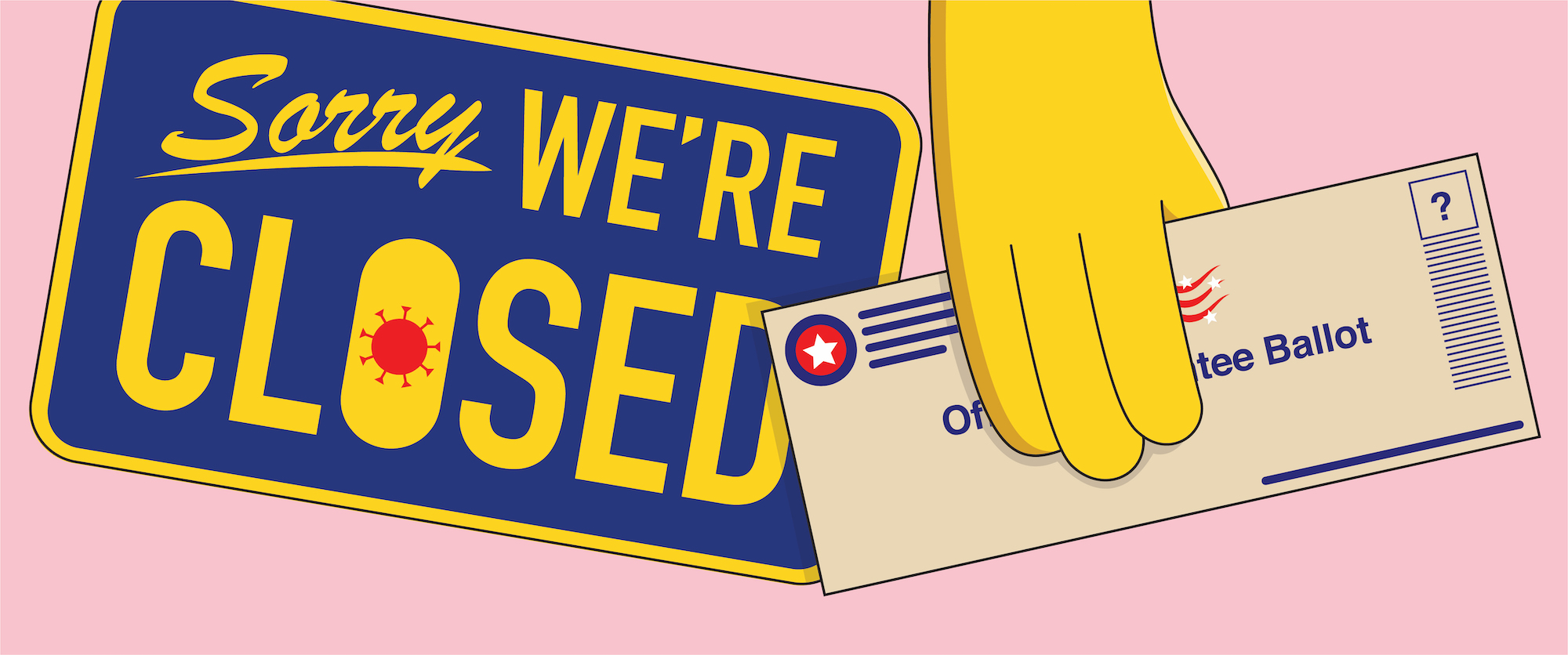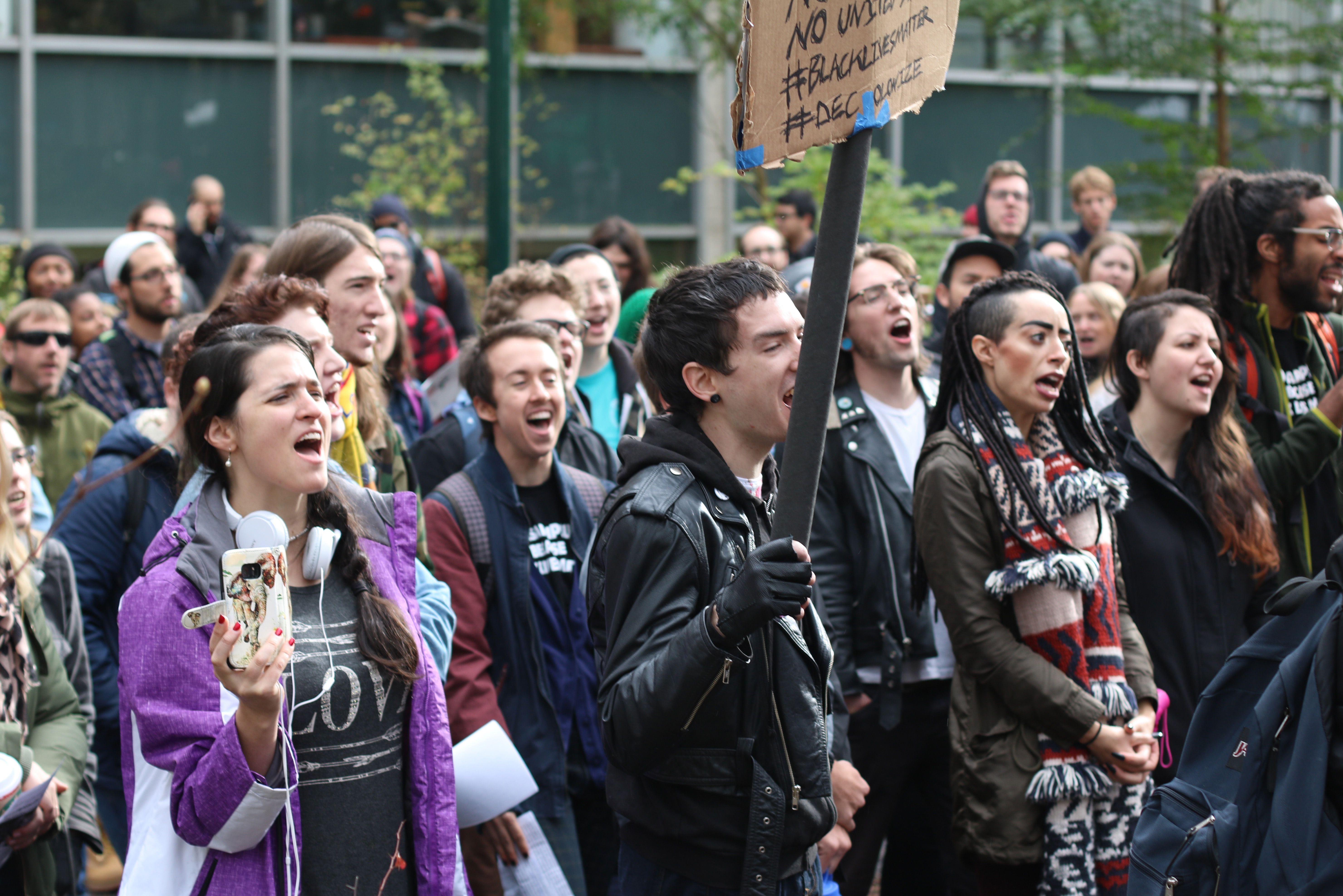Abortion is not a political issue. It is not something to be discussed, banned, voted on or debated by politicians. What we choose to do with our bodies is not a matter for anyone else.
When we say abortion is political, we cheapen it, relegating it into the same pile of taxes, foreign policy and all other socioeconomic issues.
Churches that assert abortion is political have an excuse to avoid it, claiming the obscenely misunderstood “separation of church and state.” The views of these few are not representative of the population. Most importantly, not only can no one rule over the individuals’ body autonomy, but people who have not or could not experience it can’t rightfully speak on the matter.
A dozen states in 2019 have either passed or attempted to pass stricter abortion legislation. With the appointments of Neil Gorsuch and Brett Kavanaugh to the Supreme Court, anti-abortion activists and conservative lawmakers are betting the bans will lead to lawsuits that could push the high court to overturn Roe v. Wade, which recognizes a woman’s constitutional right to abortion.
Recently, Alabama lawmakers have passed a bill that would make it a felony for doctors to perform or attempt to perform an abortion in the state. The controversial bill contains no exceptions for victims of rape or incest but does allow for abortions in cases where the mother’s life is at risk.
Kay Ivey, the governor of Alabama who signed the bill severely restricting abortion, explained that she and Alabamians believe “that every life is a sacred gift from God.” Her reference to God draws attention to the frequent correlation between efforts to restrict abortion and religious beliefs.
The United States Constitution calls for the separation of church and state. Anyone who believes a fertilized human egg is God-given is entitled to that belief. Not all people share that same belief and for those who don’t it is unlawful to require their obedience.
Nearly 60% of U.S. adults say abortion should be legal in all or most cases, according to a 2018 survey from the Pew Research Center.
As of 2018, global surveyor Gallup showed Americans are evenly split on how they personally identify—45% of Americans consider themselves pro-life and 49% are pro-choice; 3% are mixed or neither; 1% do not know what pro-choice or pro-life means; the remaining 2% have no opinion. However, 79% of Americans believe abortion should be legal in at least some circumstances.
As much effort and intensity that politicians put into legislation regarding abortions and discussions centered around them, there is no talk of what possible reform can happen to aid the mother after the child is born. No one wants to talk about the lack of childcare within communities, dwindling government assistance, a broken education system and troubling family dynamics that don’t nurture a child.
Being pro-life is not agreeing with moral implications of abortion and prioritizing the welfare of the unborn child regardless of the state of the person carrying them. This is all fine and a personal opinion, but where are pro-lifers when it comes to discussing the overflowing foster system, overworked Child Protective System workers and houseless families with children?
The silence on these issues makes it apparent that a child is only worth the fight when they are unborn. Sure, an unborn child is not physically capable of speaking for itself, but the person who conceived them can.






